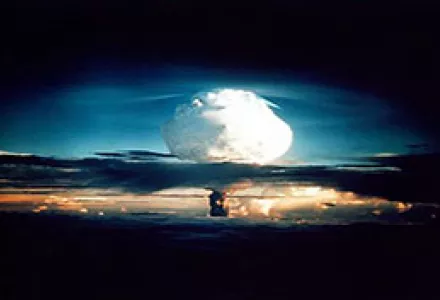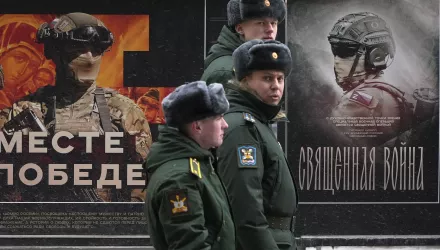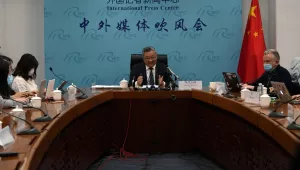Lessons from an Outlier Case: The Indian Nuclear Tests and Theories of Nuclear Proliferation
Past research on the demand-side of nuclear proliferation largely suggests that states cross the nuclear threshold as a result of material cost-benefit calculations, provided that they have the technical ability to do so. Common explanations for a country’s decision to go nuclear highlight its lack of security, the scientific community’s interest in acquiring nuclear weapons, and an “inward-looking” government’s desire to boost domestic support. However, a separate literature emphasizes normative and psychological elements, such as the lack of norms and democratic institutions, as well as the worldview and emotions of leaders.
India’s decisions to conduct nuclear tests in 1974 and 1998 and taking preparations for tests but ultimately refraining from carrying them out in the early 1980s, 1995, and 1996 present a challenge to both meta-theoretical approaches. While most of the above-mentioned concepts cannot explain India’s nuclear policy, others might account for some incidents but are hard to reconcile with all. This triggers the question of what we can learn from the empirics to make the theoretical arguments more conclusive. It is suggested that substantial insights about the blind spots of several proliferation models can be derived from the broader IR theories invoked by the respective propositions.



